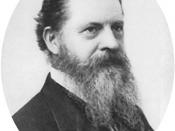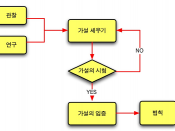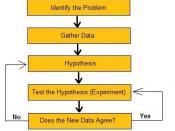Getting to truth: this was a truly edifying process for me because I have come through class and this process to see that there rarely, if ever, is definitive truth. We, must, of course, come to some communal agreement on certain things to get on with life, society and to establish cultural norms. I see that truth is fluid and ever changing. There are some fixed truths, I think, that until otherwise proven not true we can feel secure in believing to be true ÃÂ to be real, the example given in class: gravity. Thus grounding us emotionally somewhat.
My efforts to come up with a definition of truth at any current time is that truth is the best conclusion, determination of the reality of some thing at a given time using the best information available to us, at the time, while using the methods of getting to truth as revealed to us over centuries by philosophers and others, including scientists, to come to that conclusion.
Some of those methods are those favored by the practical, pragmatic, non-romantic, and non sensuous, Peirce, namely the Scientific Method. Other methods used by Plato and Socrates are more romantic, more tactile, sensuous and communal; a priori and often using Triadic Interpretation or Dyadic Intuitionism. However, Plato and Socrates, could also exhibit the pragmatic approach and hypothesis as so wonderfully pointed out by one student in class with the example being the geometry problem solved by the slave boy as guided by Socrates.
Truth then, for now, is what we as a society agrees upon it to be by consensus after the appropriate methods of discernment are used until such time that more information requires a change in seeing it as such.
COMPARE AND CONTRAST PLATOÃÂS AND PEIRCEÃÂS POSITIONS ON THIS ISSUEPeirce was...


